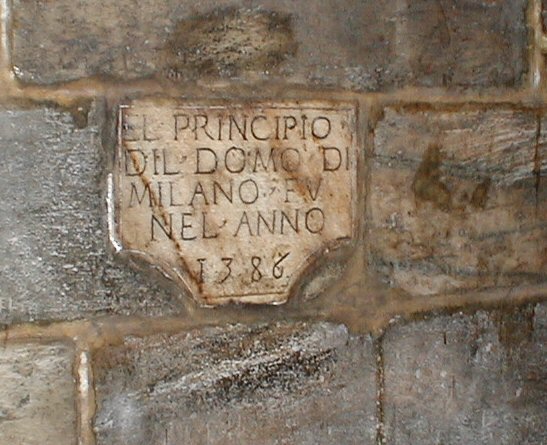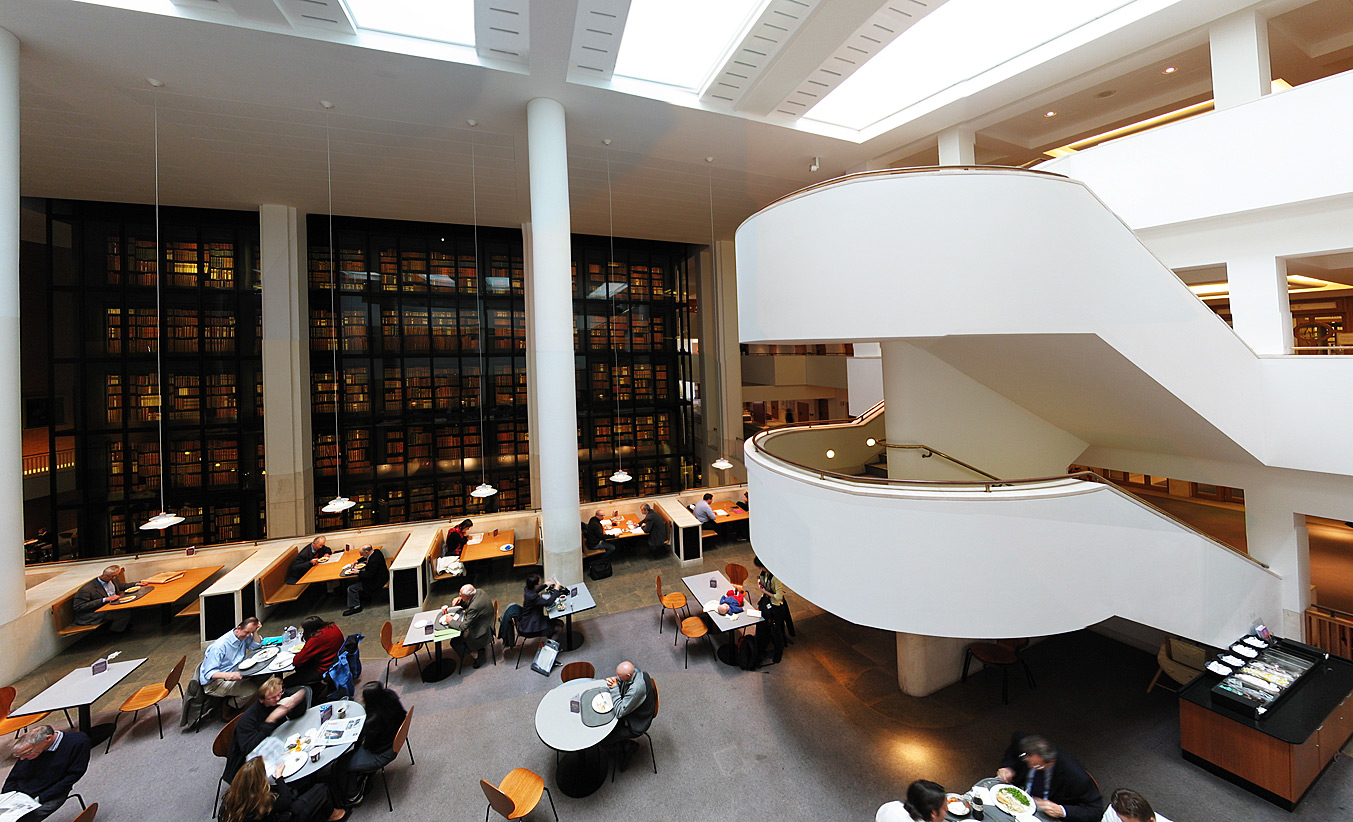|
Jacques Coene
Jacques Coene (active late 1380s – 1411) was a Flemish painter, illustrator, and architect. He worked in Belgium, France, and Italy. In 1399, he worked in the building of Milan Cathedral. He apparently had commissions from John, Duke of Berry and Philip the Bold. Art historians sometimes attribute the Book of Hours created by the Boucicaut Master The Boucicaut Master or Master of the Hours for Marshal Boucicaut was an anonymous French or Flemish miniaturist and illuminator active between 1400 and 1430 in Paris. He worked in the International Gothic style. He is named after his illustrat ... to him, however, this is no longer considered correct based on historical evidence. Bibliography * * * References 14th-century births Early Netherlandish painters Flemish manuscript illuminators Artists from Bruges 1411 deaths {{Europe-artist-stub ... [...More Info...] [...Related Items...] OR: [Wikipedia] [Google] [Baidu] |
Milan Cathedral
Milan Cathedral ( ; ), or Metropolitan Cathedral-Basilica of the Nativity of Saint Mary (), is the cathedral church of Milan, Lombardy, Italy. Dedicated to the Nativity of Mary, Nativity of St. Mary (), it is the seat of the Roman Catholic Archdiocese of Milan, Archbishop of Milan, currently Archbishop Mario Delpini. The cathedral took nearly six centuries to complete: construction began in 1386, and the final details were completed in 1965. It is the largest church in the Italian Republic—the larger St. Peter's Basilica is in the State of Vatican City, a sovereign state—and one of largest in the world. History Milan's layout, with streets either radiating from the Duomo or circling it, reveals that the Duomo occupies what was the most central site in Mediolanum, Roman Mediolanum, that of the public basilica facing the Forum (Roman), forum. The Santa Tecla, Milan, first cathedral, the "new basilica" (') dedicated to Saint Thecla, St Thecla, was completed by 355. It seem ... [...More Info...] [...Related Items...] OR: [Wikipedia] [Google] [Baidu] |
John, Duke Of Berry
John of Berry or John the Magnificent (French language, French: ''Jean de Berry'', ; 30 November 1340 – 15 June 1416) was Duke of Berry and Rulers of Auvergne, Auvergne and Count of Poitiers and Montpensier. His brothers were King Charles V of France, Duke Louis I of Anjou and Duke Philip the Bold of Burgundy. He was Regent of France from 1380 to 1388 during the minority of his nephew Charles VI of France, Charles VI. John is primarily remembered as a collector of the important illuminated manuscripts and other works of art commissioned by him, such as the . His personal motto was ''Le temps venra'' ("the time will come"). Biography John was born at the castle of Vincennes on 30 November 1340, the third son of King John II of France and Bonne of Luxembourg. In 1356, he was made Count of Poitou by his father, and in 1358 he was named king's lieutenant of Auvergne (province), Auvergne, Languedoc, Périgord, and Poitou to administer those regions in his father's name while t ... [...More Info...] [...Related Items...] OR: [Wikipedia] [Google] [Baidu] |
Philip The Bold
Philip II the Bold (; ; 17 January 1342 – 27 April 1404) was Duke of Burgundy and ''jure uxoris'' Count of Flanders, Artois and Burgundy. He was the fourth and youngest son of King John II of France and Bonne of Luxembourg. Philip was the founder of the Burgundian branch of the House of Valois. His vast collection of territories made him the undisputed premier peer of the Kingdom of France and made his successors formidable subjects, and later rivals, of the kings of France. Philip played an important role in the development of gunpowder artillery in European warfare, making extensive and successful use of it in his military campaigns. By political marriage, from 1384 Philip gained control over Flanders, one of the most wealthy provinces of Europe in that time. He and his successors ruled it until 1482. This period is referred to as the Burgundian Netherlands. Early life Philip was born in Pontoise in 1342 to John and Bonne of Luxembourg. His father, John, was the ... [...More Info...] [...Related Items...] OR: [Wikipedia] [Google] [Baidu] |
Book Of Hours
A book is a structured presentation of recorded information, primarily verbal and graphical, through a medium. Originally physical, electronic books and audiobooks are now existent. Physical books are objects that contain printed material, mostly of writing and images. Modern books are typically composed of many pages bound together and protected by a cover, what is known as the '' codex'' format; older formats include the scroll and the tablet. As a conceptual object, a ''book'' often refers to a written work of substantial length by one or more authors, which may also be distributed digitally as an electronic book ( ebook). These kinds of works can be broadly classified into fiction (containing invented content, often narratives) and non-fiction (containing content intended as factual truth). But a physical book may not contain a written work: for example, it may contain ''only'' drawings, engravings, photographs, sheet music, puzzles, or removable content like ... [...More Info...] [...Related Items...] OR: [Wikipedia] [Google] [Baidu] |
Boucicaut Master
The Boucicaut Master or Master of the Hours for Marshal Boucicaut was an anonymous French or Flemish miniaturist and illuminator active between 1400 and 1430 in Paris. He worked in the International Gothic style. He is named after his illustrated book of hours for Jean II Le Meingre Boucicaut, Marshal of France, created between 1410 and 1415, now in the Musée Jacquemart-André in Paris. The Master of Boucicaut was a contemporary of the Limbourg brothers and with them belonged to the most important and influential illuminators of manuscripts of the period in Northern Europe. He was probably the head of a productive workshop or studio in which artists fulfilled commissions for the court, the aristocracy and wealthy citizens. It is known that the artist also collaborated with the equally active Bedford Master in Paris. The Boucicaut Master was advanced in terms of his depiction of light and perspective, based partly on developments in Italian painting. Based on style, many p ... [...More Info...] [...Related Items...] OR: [Wikipedia] [Google] [Baidu] |
British Library
The British Library is the national library of the United Kingdom. Based in London, it is one of the largest libraries in the world, with an estimated collection of between 170 and 200 million items from multiple countries. As a legal deposit library, it receives copies of all books produced in the United Kingdom and Ireland, as well as a significant proportion of overseas titles distributed in the United Kingdom. The library operates as a non-departmental public body sponsored by the Department for Culture, Media and Sport. The British Library is a major research library, with items in many languages and in many formats, both print and digital: books, manuscripts, journals, newspapers, magazines, sound and music recordings, videos, play-scripts, patents, databases, maps, stamps, prints, drawings. The Library's collections include around 14 million books, along with substantial holdings of manuscripts and items dating as far back as 2000 BC. The library maintains a programme for ... [...More Info...] [...Related Items...] OR: [Wikipedia] [Google] [Baidu] |
Deutscher Kunstverlag
The Deutscher Kunstverlag (DKV) is an educational publishing house with offices in Berlin and Munich. The publisher specializes in books about art, cultural history, architecture Architecture is the art and technique of designing and building, as distinguished from the skills associated with construction. It is both the process and the product of sketching, conceiving, planning, designing, and construction, constructi ..., and historic preservation. History Deutscher Kunstverlag was founded in 1921 in Berlin. Founders were the publishing companies Insel Verlag, E. A. Seemann, Deutsche Verlags-Anstalt, Julius Hoffmann, G. Grote, Julius Bard, and Walter de Gruyter, as well as the bank . Some book series appeared already in 1925, which to this day still partially determine the publishing profile. In addition to scientific publications, the Deutscher Kunstverlag publishes art books and exhibition catalogs. After the Second World War, the publisher moved its hea ... [...More Info...] [...Related Items...] OR: [Wikipedia] [Google] [Baidu] |
14th-century Births
The 14th century lasted from 1 January 1301 (represented by the Roman numerals MCCCI) to 31 December 1400 (MCD). It is estimated that the century witnessed the death of more than 45 million lives from political and natural disasters in both Europe and the Mongol Empire. West Africa experienced economic growth and prosperity. In Europe, the Black Death claimed 25 million lives wiping out one third of the European population while the Kingdom of England and the Kingdom of France fought in the protracted Hundred Years' War after the death of King Charles IV of France led to a claim to the French throne by King Edward III of England. This period is considered the height of chivalry and marks the beginning of strong separate identities for both England and France as well as the foundation of the Italian Renaissance and the Ottoman Empire. In Asia, Tamerlane (Timur), established the Timurid Empire, history's third largest empire to have been ever established by a single conquero ... [...More Info...] [...Related Items...] OR: [Wikipedia] [Google] [Baidu] |
Early Netherlandish Painters
Early may refer to: Places in the United States * Early, Iowa, a city * Early, Texas, a city * Early Branch, a stream in Missouri * Early County, Georgia * Fort Early, Georgia, an early 19th century fort Music * Early B, stage name of Jamaican dancehall and reggae deejay Earlando Arrington Neil (1957–1994) * Early James, stage name of American singer-songwriter Fredrick Mullis Jr. (born 1993) * ''Early'' (Scritti Politti album), 2005 * ''Early'' (A Certain Ratio album), 2002 * Early Records, a record label Other uses * Early (name), a list of people and fictional characters with the given name or surname * Early effect, an effect in transistor physics * Early, a synonym for ''hotter'' in stellar classification In astronomy, stellar classification is the classification of stars based on their stellar spectrum, spectral characteristics. Electromagnetic radiation from the star is analyzed by splitting it with a Prism (optics), prism or diffraction gratin ... See also * * ... [...More Info...] [...Related Items...] OR: [Wikipedia] [Google] [Baidu] |
Flemish Manuscript Illuminators
Flemish may refer to: * Flemish, adjective for Flanders, Belgium * Flemish region, one of the three regions of Belgium *Flemish Community, one of the three constitutionally defined language communities of Belgium * Flemish dialects, a Dutch dialect cluster spoken in Flanders * Flemish people or Flemings, inhabitants of Flanders See also * Flanders (other) Flanders is the country of the Flemings; for several decades, it has also been a community and region in Belgium. Geographically and historically, it has also covered parts of France and the Netherlands but may also refer to: Places Americas ... * {{disambiguation Language and nationality disambiguation pages ... [...More Info...] [...Related Items...] OR: [Wikipedia] [Google] [Baidu] |
Artists From Bruges
An artist is a person engaged in an activity related to creating art, practicing the arts, or demonstrating the work of art. The most common usage (in both everyday speech and academic discourse) refers to a practitioner in the visual arts only. However, the term is also often used in the entertainment business to refer to actors, musicians, singers, dancers and other performers, in which they are known as ''Artiste'' instead. ''Artiste'' (French) is a variant used in English in this context, but this use has become rare. The use of the term "artist" to describe writers is valid, but less common, and mostly restricted to contexts such as critics' reviews; "author" is generally used instead. Dictionary definitions The ''Oxford English Dictionary'' defines the older, broader meanings of the word "artist": * A learned person or Master of Arts * One who pursues a practical science, traditionally medicine, astrology, alchemy, chemistry * A follower of a pursuit in which skill co ... [...More Info...] [...Related Items...] OR: [Wikipedia] [Google] [Baidu] |





